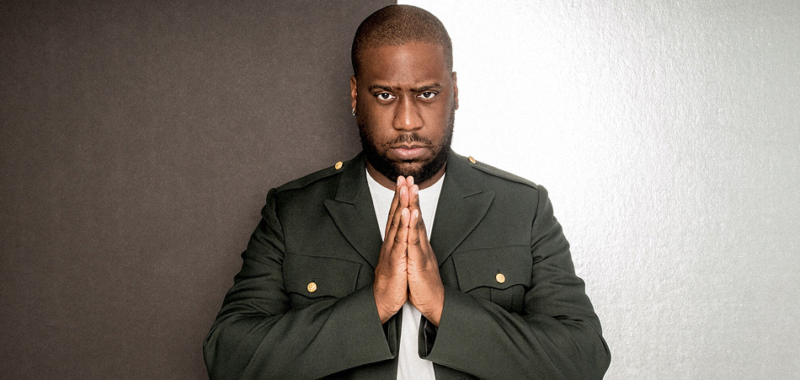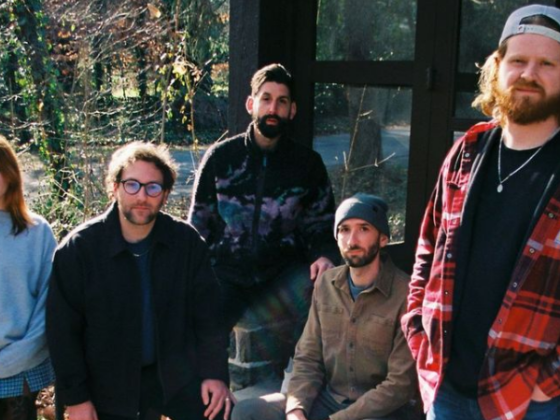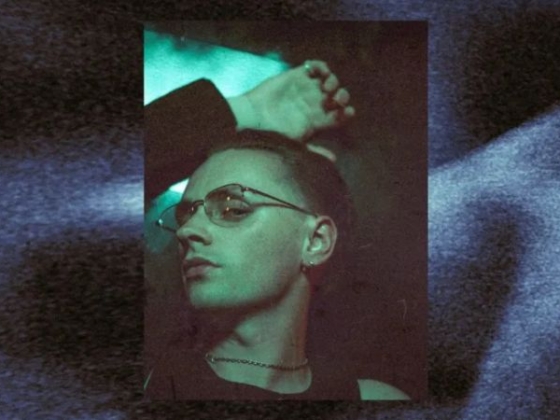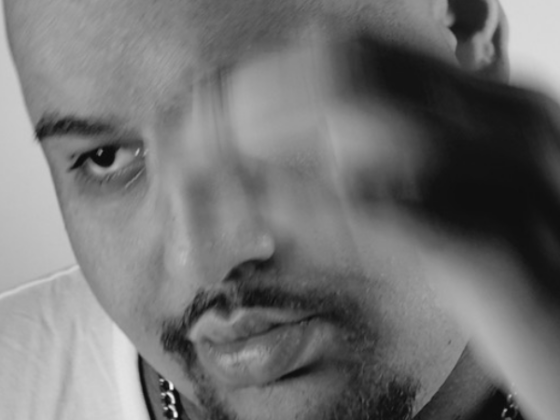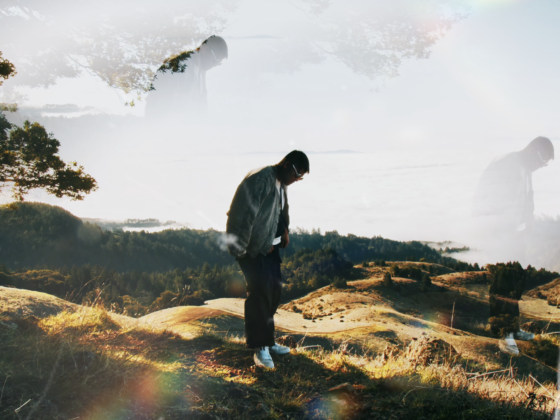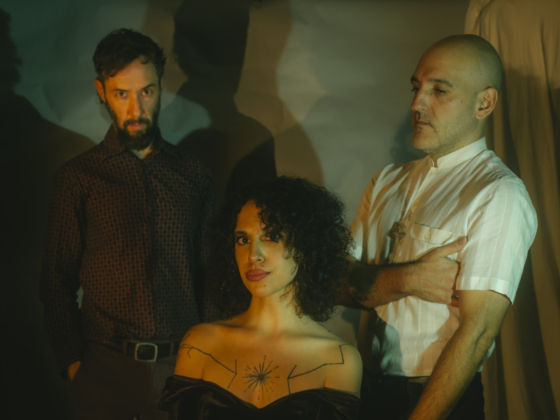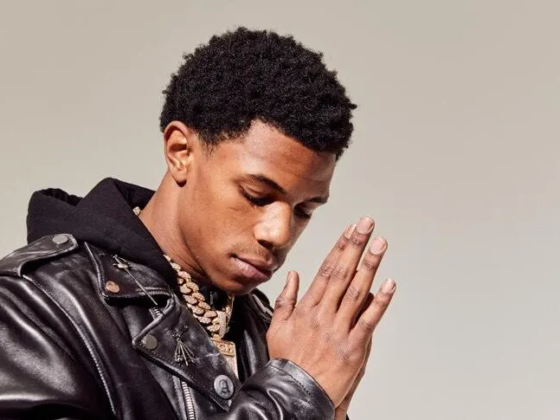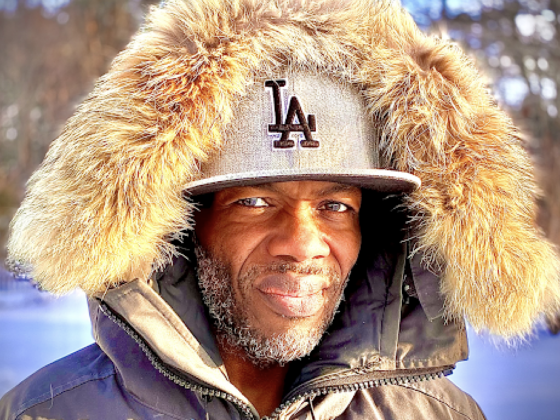Jazz and hip-hop, having always shared a symbiotic relationship, have been combining in new and exciting ways in recent years, from Kamasi Washington’s flighty excursions with Kendrick Lamar to Flying Lotus’s full and enthusiastic embrace of jazz’s wild, freeform tendencies. One reverently exalted figure in contemporary jazz, pianist, composer and multiple Grammy winner Robert Glasper, has always kept hip-hop key to his experience, evidenced further in quite emphatic fashion on his new album Black Radio III. The release comes nearly a decade after the previous Black Radio instalment and complies with the series’ tradition of boasting an endless parade of the finest bustling talent in rap music, old and new, household names and outliers whose names are spoken only in a whisper. Black Radio 2 featured Common, Jill Scott, Brandy, Snoop Dogg and Lupe Fiasco, which is a pretty carefully curated mixtape of names. On Black Radio III, Glasper has cast his net far and wide and ended up with Killer Mike, BJ The Chicago Kid, Big K.R.I.T., Q-Tip, H.E.R. and Ty Dolla $ign. Common even manages to sneak in for a repeat performance, probably by wearing a wig.
Glasper, through his ingenuity, manages to carefully locate the strands of current hip-hop with the least apparent connection to jazz and usher them into the fold with a soft smile and a hard drink. His musical direction brings the best out of his hip-hop guests, who always seem eager to display their versatility, possibly setting themselves up for a change in musical direction in later life. This does not refer to Snoop, obviously. Black Radio III begins with “In Tune,” featuring a heart-wrenching piece from poet Amir Sulaiman over a sombre piano reflection which snowballs with intensity as the track progresses. Sulaiman meditates on the death of George Floyd and countless others, and the period of upheaval which followed, eventually using music as his only way of building channels of communication while others build walls. His vision of “Dreams let loose in the pure hearts with divine acoustics” is particularly resonant.
The three-pronged attack of Killer Mike, BJ The Chicago Kid and Big K.R.I.T. is brought in to lay waste to a slice of good old jazzy boom-bap given the crackle of live drums and piano on “Black Superhero”. Killer Mike’s inimitable Atlanta twang, usually found going crazy over El-P’s industrial Run The Jewels beats, can be toned down to go to town on some 90s block party instrumentals too, and he brings his usual revolutionary fire to further his eventual goal of peace and entropy. “Fuck a hero see/oh, I will go make heed, oh, for my people/Give me liberty or death, that is my credo, not my ego/Dressed in a tuxedo, enter party, alter ego/Killed your need of it, gazebo did it for the people/Love what motivated, I did not do it for hatred/But I truly hate the devil, I cannot debate or fake it.”
Q-Tip and singer Esperanza Spalding sparkle on “Why We Speak,” propelled by an uplifting, soulful beat that takes control and does not relinquish it. Spalding switches effortlessly and beautifully between French and English, at one point mocking our inability to keep up, which is extremely cool. Q-Tip meshes with her vocals perfectly by repeating her sentiments in his opening bridge before launching into a classic Tribe-style verse replete with a claim of bringing “the vibes like an abstract poet.” The song gives a reasonable expectation of the direction of the rest of the album; a joyful exploration of the past with a clear social commentary running throughout, which is spot on and right on.
The album skirts even further into glossy R&B territory on “Over”, and an extended period of reflection on that most basic of human emotions; love. The R&B is chic and sleek and these jazz clubs are thankfully free of mullets of any description. The theme of love is explored in all forms, from unrequited to budding to blossoming to flourishing to fading to lost. Yebba sings mournfully of trying to make it work over warm chord progressions from the man Glasper, a continual and reassuring presence in charge. H.E.R. comes hot on the heels with “Better Than I Imagined,” another tale of lost love with subtly sweeping orchestral arrangements, ending with a rueful, lovelorn phone message. The tracks flow into each other organically, creating a sense of an overall piece of work, a lost art in albums revived with purpose. Common’s turn on “Everybody Wants To Rule The World” is full of a veteran’s flourish, although the term “Verbal vaccination” is regrettable at best.
The funk levels are steeped up with wavy organs and multi-layered harmonies on “Everybody Love,” featuring Musiq Soulchild and De La Soul’s Posdnuos. The continuing exploration of love is done here through the winning combination of soaring vocals, vocoders and slick organ solos. Robert Glasper has been in the lab in the years following Black Radio 2 with a select few assistants perfecting the most efficient release of the brain’s love chemicals through audio stimulation, and it is devastatingly effective.
Jennifer Hudson ups the emotional and melodramatic stakes on “Out Of My Hands,” pleading and despairing at a decaying relationship and throwing the emotional fallout at the listener in a desperate plea for understanding. When the songs begin to tip the 6-minute mark, you know Glasper is in his bag, and he rides this emotional rollercoaster all the way to the destination, closing out Black Radio III with “Bright Lights,” allowing Ty Dolla $ign to explore an emotional depth rarely found in much of his previous work. Glasper’s piano line is completely engaging on all levels, as it is throughout the album, complementing Ty Dolla $ign’s lamentation of a love lost in the glare of the lights. The track remains minimal for maximum impact, punctuated only by a smattering of stuttering drums and an ethereal croon to take home with us.
Black Radio III is another triumph, another shining jewel in Glasper’s catalogue, a successful merging and completing of multiple interests. While jazz may be Robert Glasper’s bread and butter, when he turns his hand deftly to hip-hop and has full control of the guestlist, the results are more profound and uplifting than you would expect so long after the previous volume. You couldn’t really say it was the album we needed in the present malaise without sounding trite, but its positivity is infectious, as hopefully will be its message. This album is likely to be on repeat until the presently theoretical Black Radio IV, buy it here.

